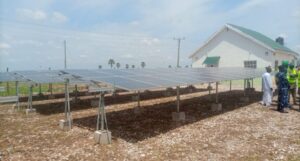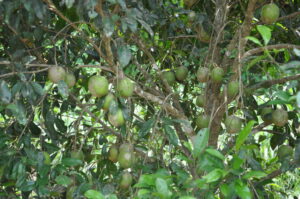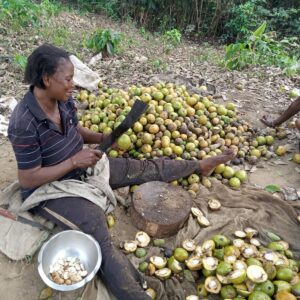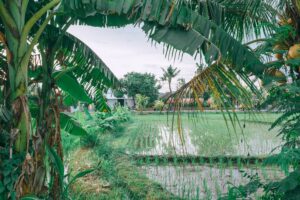Value-added Agribusinesses with Goat in Nigeria 2023
Agribusiness opportunities are abundant in Nigeria and Africa, and one sector that has great potential is goat farming. Goats are versatile animals that can provide a range of products and services, including milk, meat, leather, and wool. In this blog post, we will explore some value-added agribusiness opportunities in goat farming, focusing on Nigeria and Africa.
Goat Skin Product Business
Goat skin is a valuable resource that can be used to create a range of products, including leather goods such as shoes, bags, and jackets. Starting a goat skin product business is a great way to add value to your goat farming operation. Here’s how you can get started:
Step 1: Obtain high-quality skins
To create high-quality skin products, you need to start with high-quality goat skins. Choose goats that are healthy and well-nourished, and make sure that their skin is free from blemishes and scars. Work with a reputable slaughterhouse or butcher to ensure that the skins are properly processed.
Step 2: Prepare the skins
Once you have obtained the skins, you need to prepare them for tanning. This involves removing any excess flesh or fat, and soaking the skins in a solution of salt and water to remove any remaining blood or impurities.
Step 3: Tan the skins
Tanning is the process of treating the skins with chemicals to transform them into leather. There are several methods of tanning, including vegetable tanning, which uses natural plant extracts, and chrome tanning, which uses chemicals. Choose a tanning method that is appropriate for the type of leather you want to produce.
Step 4: Create your products
Once the skins are tanned, you can create a range of products, including shoes, bags, and jackets. Work with a designer or create your own designs, and find a skilled craftsman to create your products. You can sell your products locally or export them to international markets.
Goat Themed Bar
These Animals are not only a valuable source of food and raw materials, they are also a popular theme for bars and restaurants. A goat-themed bar is a unique business idea that can attract customers and generate income. Here’s how you can get started:
Step 1: Choose a location
Choose a location for your bar that is easily accessible and has a high footfall. Look for a space that is large enough to accommodate your customers, and that has a distinctive atmosphere that can be enhanced with a goat theme.
Step 2: Develop your menu
Develop a menu that features goat meat dishes and other items that fit with your goat theme. You can also include goat milk-based cocktails or goat cheese platters. Work with a chef to create a menu that is both delicious and distinctive.
Step 3: Decorate your bar
Decorate your bar with goat-themed decor, such as goat artwork, statues, or even live goats (if possible). Create a fun and engaging atmosphere that will keep your customers coming back.
Step 4: Promote your bar
Promote your bar through social media, local advertising, and word of mouth. Offer specials and promotions to attract new customers, and consider hosting goat-themed events, such as trivia nights or live music.
Dried Goat Meat
Dried goat meat, also known as “suya” or “kilishi” in Nigeria, is a popular snack that can be sold in local markets or exported to international markets. Here’s how you can get started:
Step 1: Choose high-quality goats
Choose goats that are healthy and well-nourished, and that have a good meat-to-bone ratio. Work with a reputable slaughterhouse or butcher to ensure that the meat is properly processed.
Step 2: Prepare the meat
Step 2: Prepare the meat (continued)
Cut the meat into thin strips and marinate it in a mixture of spices and herbs, such as garlic, ginger, cumin, and chili powder. Allow the meat to marinate for several hours to absorb the flavors.
Step 3: Dry the meat
Dry the meat in a dehydrator or oven at a low temperature for several hours until it is dry and crispy. Alternatively, you can sun-dry the meat by hanging it in a dry, sunny location for several days.
Step 4: Package and sell the meat
Once the meat is dry, package it in an airtight container to preserve its freshness. You can sell the meat in local markets or export it to international markets. To increase your sales, consider creating different flavors or variations of dried goat meat.
Other Value-Added Agribusiness Opportunities
In addition to the goat skin product business, goat-themed bars, and dried goat meat, there are other value-added agribusiness opportunities in goat farming. Here are some additional ideas:
Other Value-Added Agribusiness Opportunities
In addition to the above-mentioned opportunities, there are several other value-added agribusiness opportunities in goat farming that you can explore, including:
Goat Milk Production
Goat milk is highly nutritious and has several health benefits. You can start a goat milk production business, which involves milking goats and processing the milk into a range of products, including cheese, yogurt, and ice cream.
Step 1: Choose high-yielding goats
Choose goats that are known for their high milk production, such as Saanen or Alpine goats. Make sure that the goats are healthy and well-nourished, and that their milk is free from any contaminants.
Step 2: Milk the goats
Milk the goats using a milking machine or by hand. Make sure that the milking equipment is clean and sterilized to prevent contamination.
Step 3: Process the milk
Process the milk into a range of products, including cheese, yogurt, and ice cream. Work with a food scientist or a chef to create unique and delicious products that will appeal to customers.
Step 4: Package and sell
Package the goat milk products in attractive and informative packaging, and sell them through local markets, supermarkets, or online.
Goat Wool Production
Goat wool is highly valued for its warmth, softness, and durability. You can start a goat wool production business, which involves shearing goats and processing the wool into a range of products, including yarn, fabric, and clothing.
Step 1: Choose high-quality goats
Choose those that have a high wool yield and that produce high-quality wool. Angora and Cashmere goats are known for their high-quality wool.
Step 2: Shear the goats
Shear the animal using a specialized shearing tool. Make sure that they are comfortable and well-nourished during the shearing process.
Step 3: Process the wool
Process the wool into a range of products, including yarn, fabric, and clothing. Work with a textile designer or a fashion designer to create unique and attractive products that will appeal to customers.
Step 4: Package and sell
Package the wool products in attractive and informative packaging, and sell them through local markets, craft fairs, or online.
Conclusion
Goat farming offers several value-added agribusiness opportunities in Nigeria and Africa. From goatskin product business to goat-themed bars and dried goat meat, there are several business ideas that can generate income and create employment opportunities. To succeed in these businesses, it is important to start with high-quality goats, work with experts, and promote your products effectively. With dedication and hard work, you can build a successful and profitable agribusiness with goat.

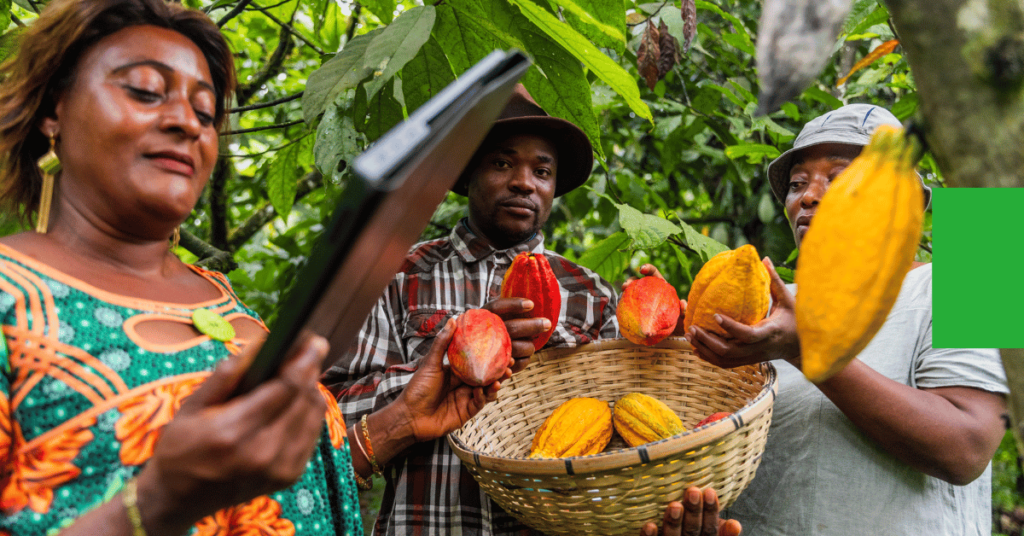









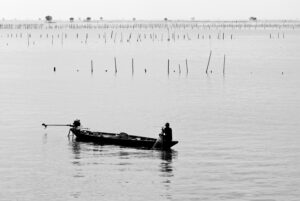 ent.
ent.